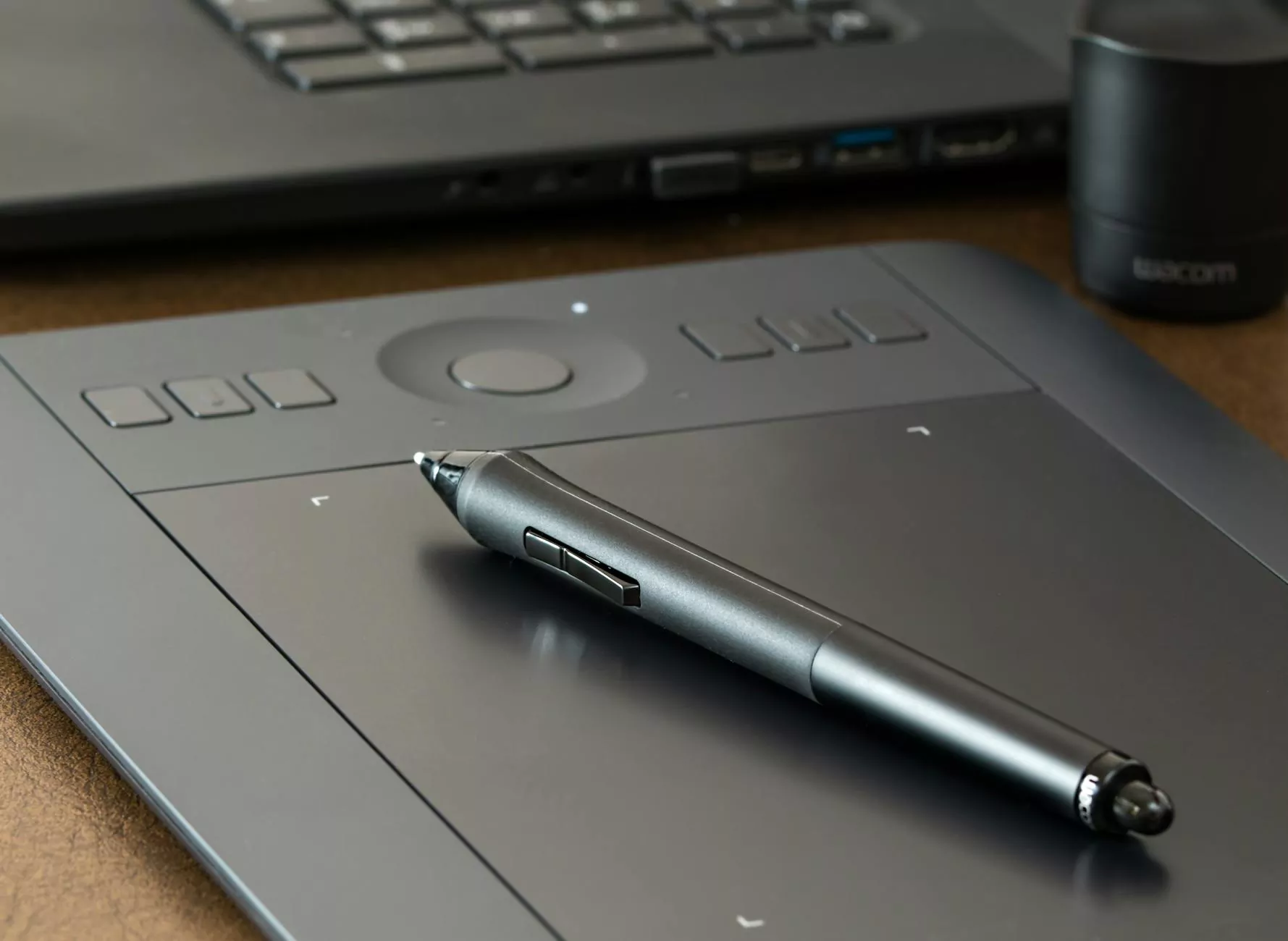USB 3.0 vs 3.1: A Detailed Comparison

Introduction to USB Technology
When it comes to transferring data, Universal Serial Bus (USB) technology plays a crucial role. Among the various iterations of USB, USB 3.0 and USB 3.1 are widely used for their enhanced speed and efficiency, especially in the realm of USB 3 pendrives.
Understanding USB 3.0
USB 3.0, also known as SuperSpeed USB, revolutionized data transfer by offering significantly faster speeds compared to its predecessors. With a maximum bandwidth of 5 Gbps, USB 3.0 is ideal for transferring large files quickly and efficiently, making it a popular choice for professional and personal use alike.
Exploring the Advancements of USB 3.1
USB 3.1, the successor to USB 3.0, raised the bar even further in terms of speed and performance. With a maximum speed of 10 Gbps, USB 3.1 provides lightning-fast data transfer rates, allowing users to transfer data in a fraction of the time it would take with older USB versions.
Key Differences Between USB 3.0 and USB 3.1
While both USB 3.0 and USB 3.1 offer impressive speed and performance, there are subtle differences that set them apart. USB 3.1 delivers double the speed of USB 3.0, making it the preferred choice for users who demand high-speed data transfers.
Choosing the Right USB 3 Pendrive
When selecting a USB 3 pendrive, it's important to consider the specific requirements of your data transfer needs. Whether you opt for USB 3.0 or USB 3.1, both technologies promise remarkable speed and efficiency, catering to a wide range of users.
Enhance Your Data Transfer Experience with Magna Social Media
At Magna Social Media, we understand the importance of cutting-edge technology in the digital age. Our experts can help you explore the world of USB technology, including USB 3 pendrives, and provide insights to enhance your data transfer experience.
Conclusion
In conclusion, the comparison between USB 3.0 and USB 3.1 highlights the evolution of USB technology toward faster and more efficient data transfer solutions. Whether you choose USB 3.0 or USB 3.1, rest assured knowing that both options offer exceptional performance to meet your data transfer needs.



